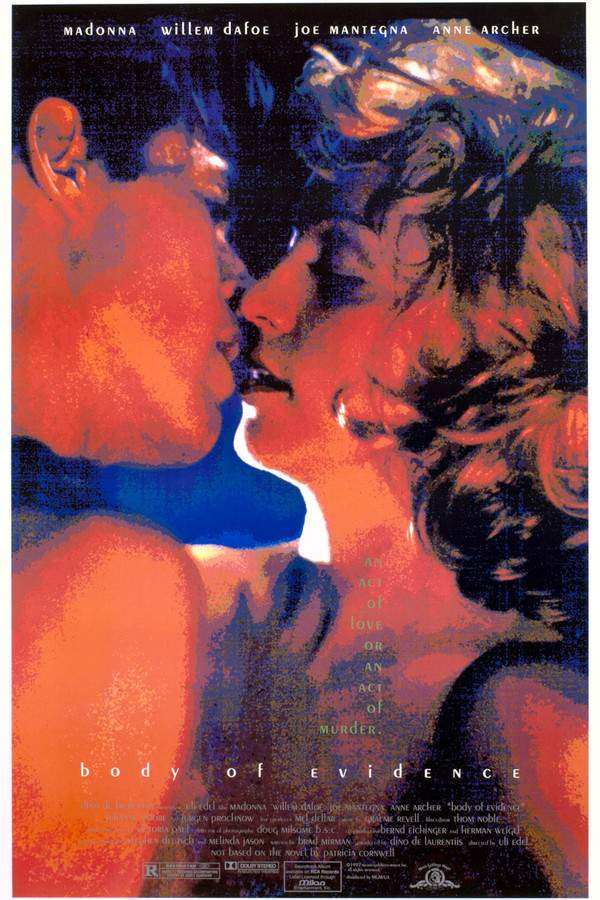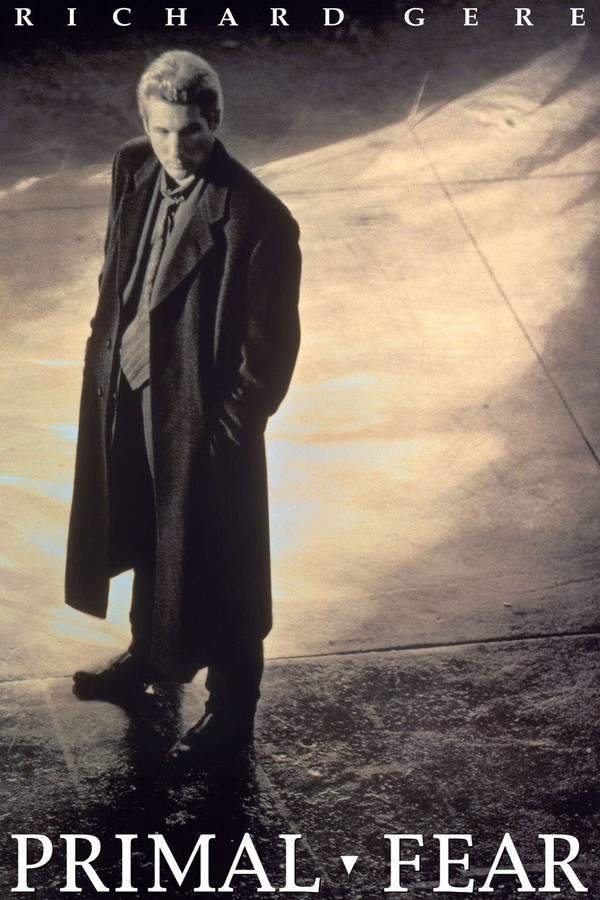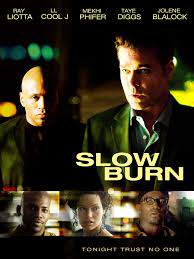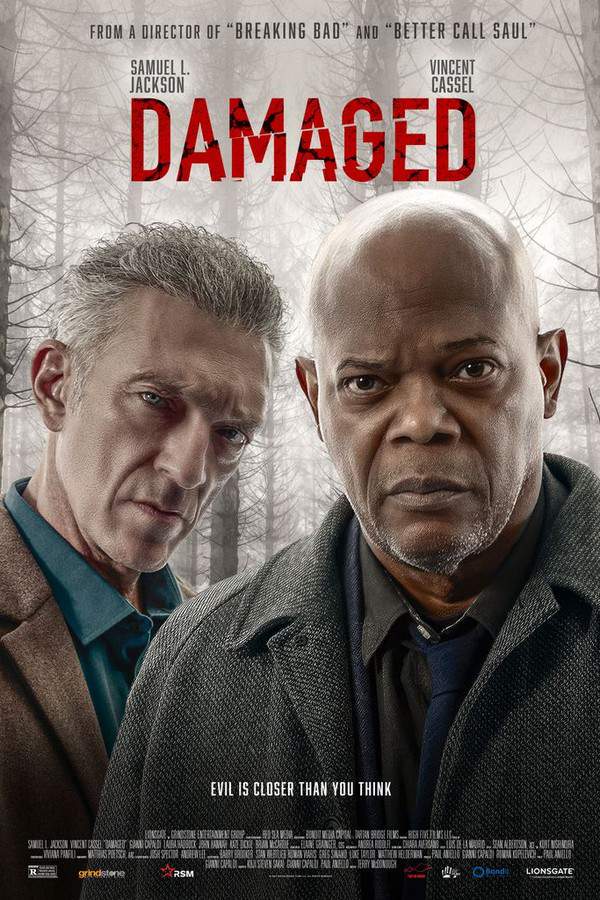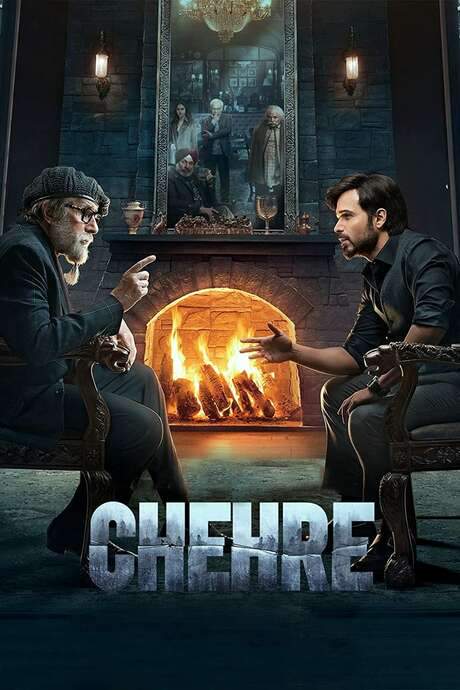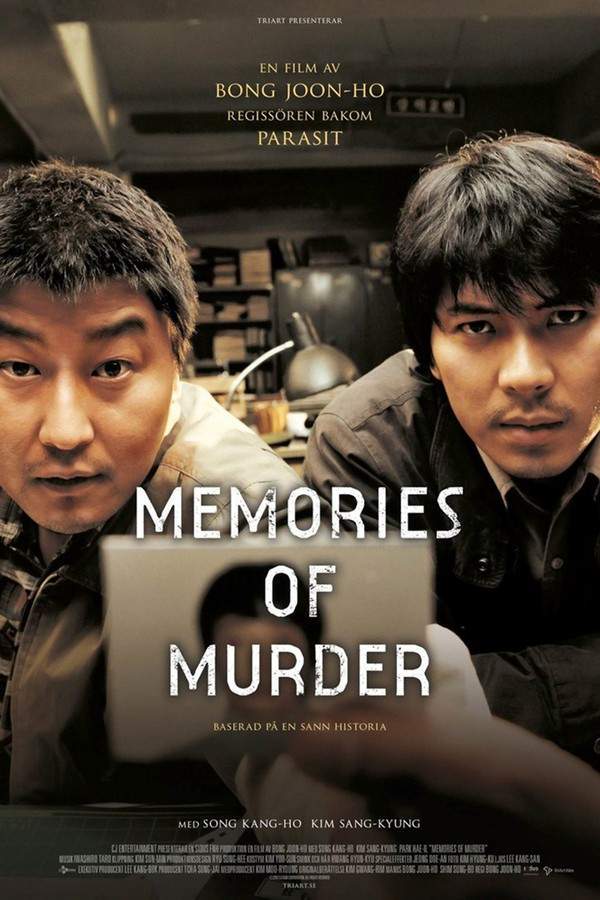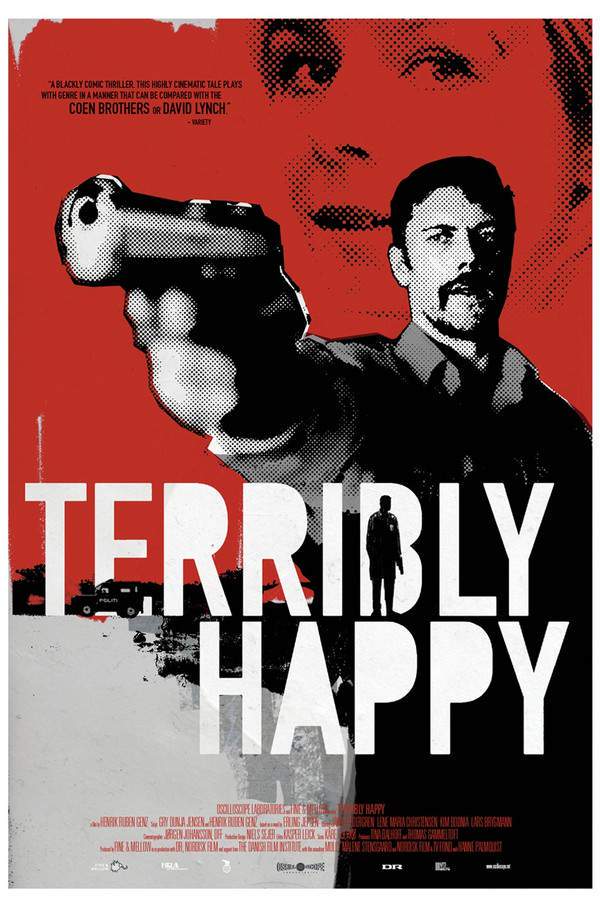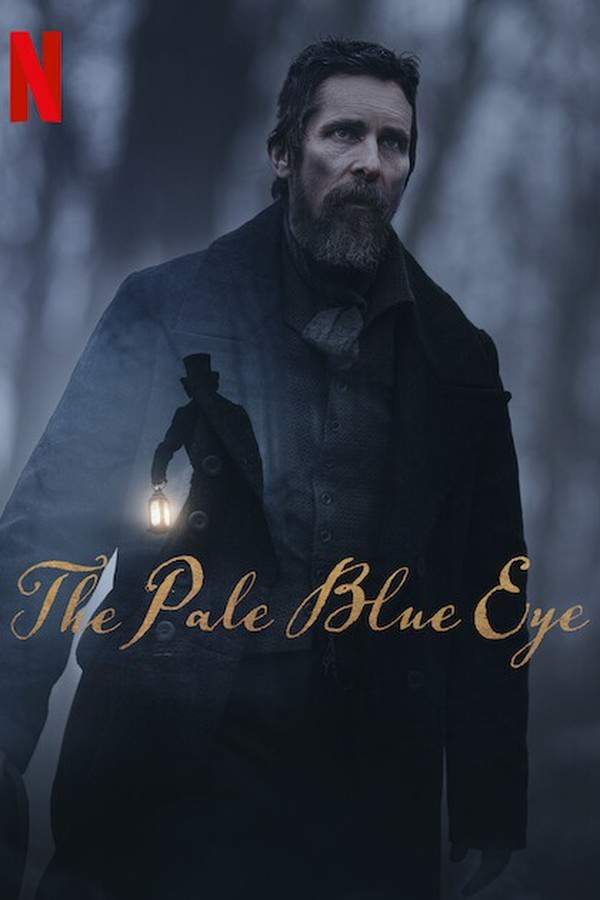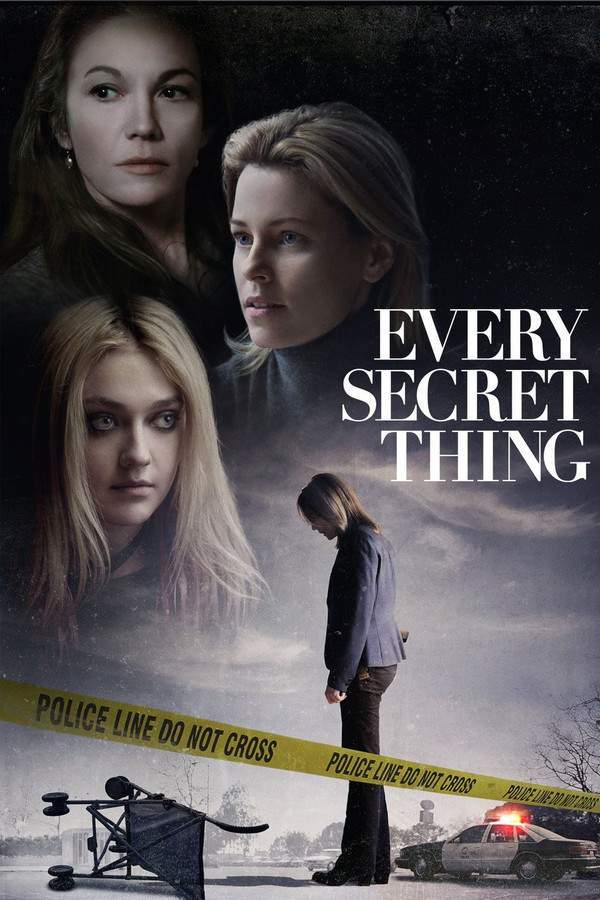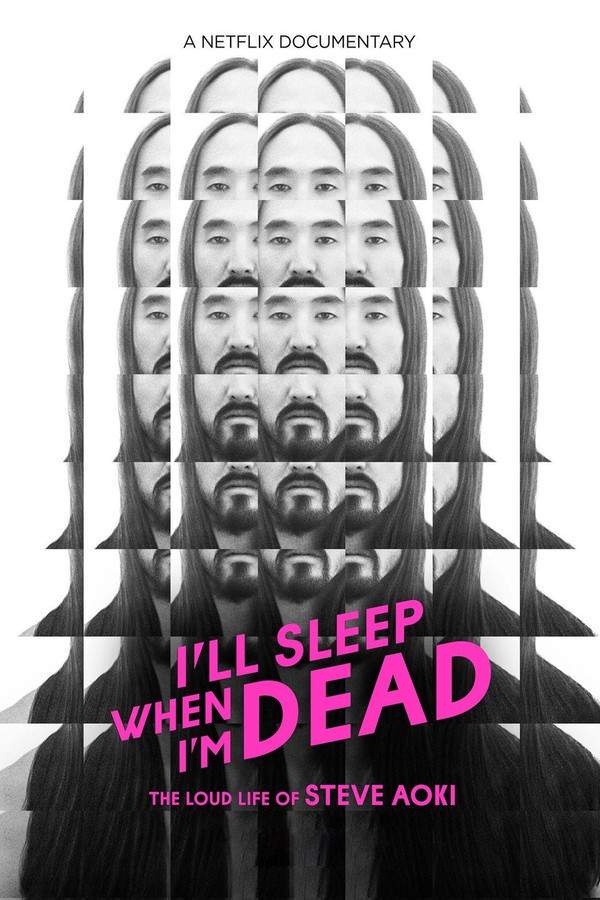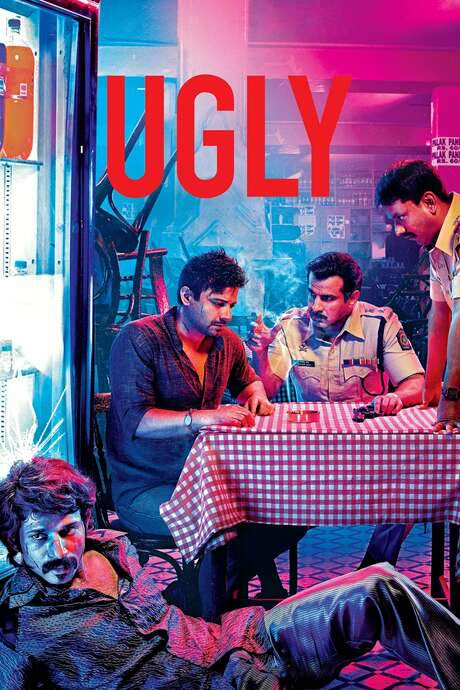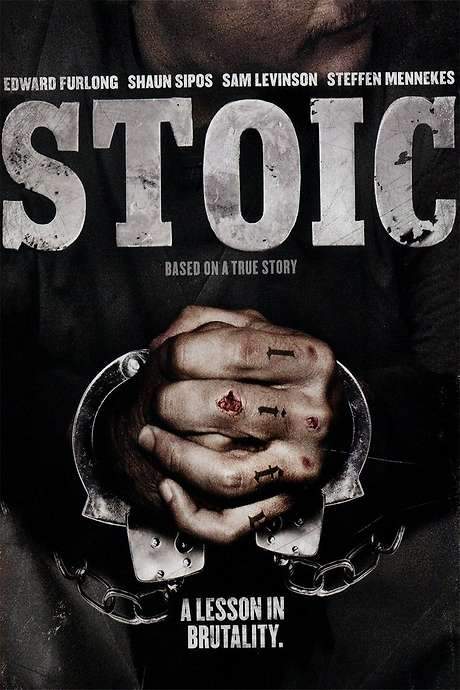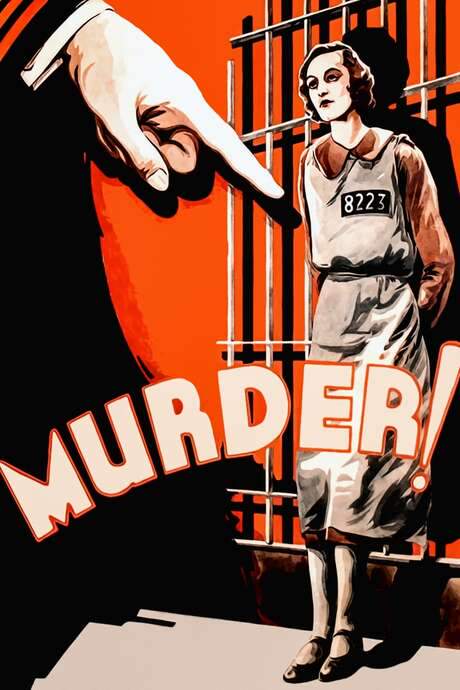
They Won’t Forget
Year: 1937
Runtime: 95 mins
Language: English
Director: Mervyn LeRoy
In a Southern town, teenager Mary Clay is murdered on Confederate Decoration Day. Ambitious lawyer Andrew Griffin sees the case as his ticket to the Senate and looks for a scapegoat. He targets Robert Hale, a Northern teacher at the business school where Mary was killed, and, with a ruthless reporter, engineers a media frenzy of prejudice despite only circumstantial evidence, prompting a violent mob.
Warning: spoilers below!
Haven’t seen They Won’t Forget yet? This summary contains major spoilers. Bookmark the page, watch the movie, and come back for the full breakdown. If you're ready, scroll on and relive the story!
They Won’t Forget (1937) – Full Plot Summary & Ending Explained
Read the complete plot breakdown of They Won’t Forget (1937), including all key story events, major twists, and the ending explained in detail. Discover what really happened—and what it all means.
On Confederate Memorial Day, a murder in a Southern town lays bare a social fault line as old as the region itself. The victim, Mary Clay, is found at the center of a case that quickly becomes a political weapon. The district attorney with ambitions for higher office, Andrew Griffin, sees an opportunity to propel his career by choosing a convenient scapegoat. He targets the charmingly unassuming Mary Clay’s teacher, a man named Robert Hale who is simply trying to do right by his students, and the conviction becomes less about proof than about proving a point to the community. The case tugs at a deeper wound in the state’s psyche, shifting the discussion from innocence or guilt to a widening gulf between North and South and the symbolic weight of the day itself.
Griffin does not act alone. He partners with the newsroom, where Frank Faylen portrays the relentless reporter William Brock, and together they whip up a media storm that sensationalizes the crime and feeds a growing climate of prejudice. The town’s fervor is not just about a single alleged crime; it’s fueled by a manufactured narrative that paints Hale as a test case for broader biases. Against this pressure, the community’s more cautious voices are drowned out by louder, simpler certainties, and the push to convict hardens into a local creed. The atmosphere becomes a chorus of accusation, rumor, and fear.
The courtroom drama itself emphasizes how fragile justice can be under public sway. Hale’s defense is led by Otto Kruger as Michael Gleason, but the case rests on tenuous connections and circumstantial evidence. The social machinery—the black janitor, Clinton Rosemond Tump Redwine who is coerced into lying on the stand; a juror who remains the lone holdout; a barber who stays silent about what he knows—adds layer after layer of pressure that makes a fair resolution seem nearly impossible. The trial ends with Hale condemned to death, a verdict that feels both politically useful and emotionally devastating to those who believe in due process.
In a bold, controversial move, the governor, Paul Everton as Mountford, with the encouragement of his wife, takes a personal risk to save Hale by commuting the sentence to life imprisonment. Yet this act of mercy only fuels the town’s fury. The climate of retribution intensifies, and the murdered girl’s brothers—seeking a brutal moral resolution—orchestrate a devastating act: Hale is abducted and lynched with the aid of a vengeful mob. The community’s rage becomes its own verdict, and the line between justice and vengeance blurs beyond recovery.
In the aftermath, Hale’s widow confronts the fallout head-on, returning a check that representative powers had sent her in a gesture of supposed support. The moral arithmetic of the town remains unsettled, and Brock, the reporter who helped shape the case, stands with Griffin as they observe the scene, each processing the consequences in their own way. The final echo of the film lingers in the uneasy silence between them, and in Griffin’s stark, unanswered question: I wonder.
“I wonder.”
Last Updated: October 09, 2025 at 11:08
Explore Movie Threads
Discover curated groups of movies connected by mood, themes, and story style. Browse collections built around emotion, atmosphere, and narrative focus to easily find films that match what you feel like watching right now.
Courtroom dramas with media frenzies like in They Won’t Forget
Stories where public opinion is weaponized, leading to devastating miscarriages of justice.Explore movies like They Won't Forget where legal battles are fought in the court of public opinion. These similar films feature intense, high-stakes courtroom dramas fueled by media sensationalism, political ambition, and prejudice, often leading to bleak outcomes and heavy emotional weight.
Narrative Summary
The narrative typically follows a legal case or public accusation that becomes a media circus, orchestrated by ambitious figures. The focus shifts from evidence to public perception, as an innocent or vulnerable individual is systematically targeted, with the story building towards an inevitable and tragic conclusion that exposes systemic failures.
Why These Movies?
Movies in this thread are grouped by their shared focus on the destructive interplay between media, power, and justice. They create a gripping, tense, and morally infuriating experience, defined by a steady pacing that mirrors the methodical construction of a public witch-hunt and a dark tone leading to a bleak ending.
Bleak social realism dramas like in They Won’t Forget
Gripping dramas where individuals are crushed by an indifferent or corrupt system.Find movies similar to They Won't Forget that explore themes of systemic injustice and social prejudice. If you liked the gripping and somber mood of this film, you'll appreciate these other intense dramas about individuals confronting corrupt systems and facing bleak, heartbreaking conclusions.
Narrative Summary
The narrative pattern follows a protagonist, often an outsider or morally upright figure, who challenges or becomes ensnared by a deeply flawed system. Their struggle is not against a single villain but against entrenched societal biases, bureaucratic indifference, or collective hysteria. The journey is one of escalating hopelessness, culminating in a conclusion that reinforces the system's power and the individual's powerlessness.
Why These Movies?
These films share a heavy emotional weight and a dark, oppressive mood. They are united by a steady, deliberate pacing that builds tension towards an inevitable tragic outcome, creating a profoundly frustrating and somber viewing experience focused on social commentary and the failure of justice.
Unlock the Full Story of They Won’t Forget
Don't stop at just watching — explore They Won’t Forget in full detail. From the complete plot summary and scene-by-scene timeline to character breakdowns, thematic analysis, and a deep dive into the ending — every page helps you truly understand what They Won’t Forget is all about. Plus, discover what's next after the movie.
They Won’t Forget Timeline
Track the full timeline of They Won’t Forget with every major event arranged chronologically. Perfect for decoding non-linear storytelling, flashbacks, or parallel narratives with a clear scene-by-scene breakdown.

Characters, Settings & Themes in They Won’t Forget
Discover the characters, locations, and core themes that shape They Won’t Forget. Get insights into symbolic elements, setting significance, and deeper narrative meaning — ideal for thematic analysis and movie breakdowns.

They Won’t Forget Spoiler-Free Summary
Get a quick, spoiler-free overview of They Won’t Forget that covers the main plot points and key details without revealing any major twists or spoilers. Perfect for those who want to know what to expect before diving in.

More About They Won’t Forget
Visit What's After the Movie to explore more about They Won’t Forget: box office results, cast and crew info, production details, post-credit scenes, and external links — all in one place for movie fans and researchers.

Similar Movies to They Won’t Forget
Discover movies like They Won’t Forget that share similar genres, themes, and storytelling elements. Whether you’re drawn to the atmosphere, character arcs, or plot structure, these curated recommendations will help you explore more films you’ll love.
Explore More About Movie They Won’t Forget
They Won’t Forget (1937) Scene-by-Scene Movie Timeline
They Won’t Forget (1937) Movie Characters, Themes & Settings
They Won’t Forget (1937) Spoiler-Free Summary & Key Flow
Movies Like They Won’t Forget – Similar Titles You’ll Enjoy
Try to Remember (2004) Detailed Story Recap
The Murder of Mary Phagan (1000) Plot Summary & Ending Explained
They Won’t Believe Me (1947) Complete Plot Breakdown
The Verdict (1946) Detailed Story Recap
The Long Memory (1953) Story Summary & Characters
Who Killed Mary Whats’ername? (1971) Complete Plot Breakdown
Before and After (1996) Detailed Story Recap
They Only Kill Their Masters (1972) Detailed Story Recap
Please Murder Me (1956) Full Summary & Key Details
Guilty Hands (1931) Full Summary & Key Details
An American Tragedy (1931) Full Summary & Key Details
Young and Innocent (1937) Full Movie Breakdown
Time Without Pity (1957) Plot Summary & Ending Explained
Murder! (1930) Ending Explained & Film Insights
They Made Me a Killer (1946) Plot Summary & Ending Explained

